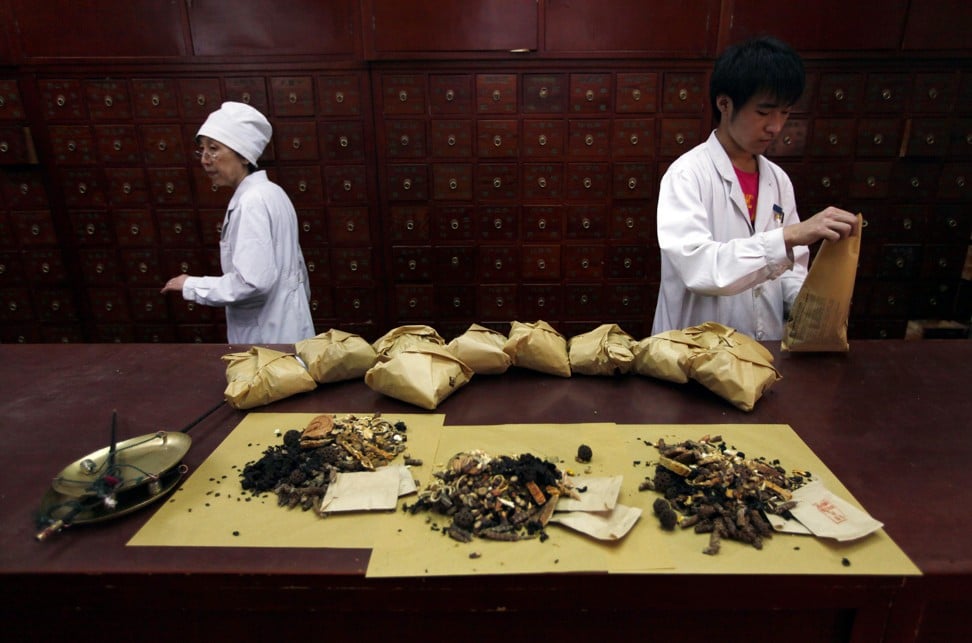
High hopes for headway in reforming Hong Kong’s elderly care system
It’s been refreshing to find that just two weeks into the era of Carrie Lam Cheng Yuet-ngor, we’re hearing the sound of our new Secretary for Labour & Welfare Dr Law Chi-kwong taking a broom to clean out the system.
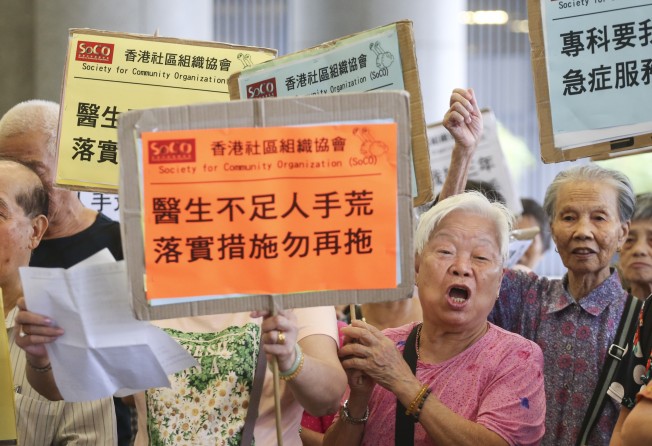
In December 2014, more than 30 months ago, this venerable newspaper discretely published a downpage story on a possible breakthrough in Alzheimer’s treatments by the Chinese Academy of Medical Sciences. A simple combination of widely used Chinese medicinal herbs seemed to be putting a spring in the step of ageing rats.
The news caught my attention for a number of reasons. First, my mum, well into her 80s, was beginning to show signs of “forgetfulness” as she impatiently called it.

And third, the medicine, if effective, was a bargain-basement breakthrough. Unlike the frontier-breaking Western medicines that were being trumpeted in the West’s medical media, with each treatment costing as much per pill as a middle-class family’s monthly income, this concoction of three Chinese herbs – yuan zhi (遠志, or milkwort), shi chang pu (石菖蒲, or sweet flag) and the tasteless dried mushroom poria cum radix (茯神)– was both dirt cheap and widely available.
I was able to put the concoction to the test just weeks later when I went to spend a snowy Christmas with my parents in the backwater English town of Grantham.
There on Grantham High Street was a tiny Chinese traditional medicine shop run by a sweet emigrant couple from Tianjin. I went in and asked timidly if they had the medicines. To my surprise even today, they had all three readily to hand, and the grand cost of 10 weeks’ supply – 10 potions to be taken home and boiled one a week – was less than the equivalent of HK$100 (US$13).
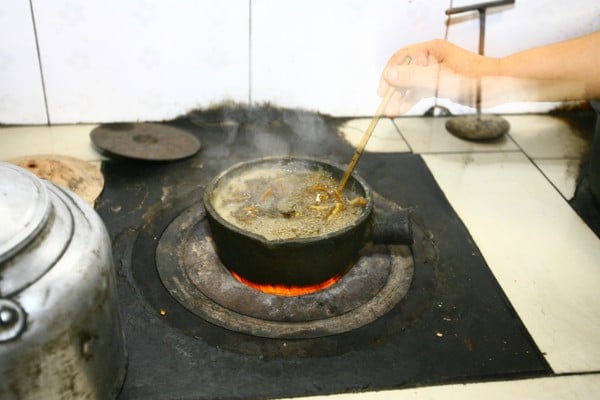
I nevertheless continued the experiment myself, bringing the medicines home to Hong Kong and becoming an Alzheimer guinea pig myself, and have taken the brew daily ever since. The good news, unless I have forgotten since this morning, is that I do not seem to have Alzheimer’s – yet.
The point of the story? This experiment began my interest and concern over ageing and on elderly care as I watched my parents decline in Britain and as I watched Hong Kong begin to wrestle with the reality that it is among the most rapidly ageing communities in the world, second only to Japan, with 16 per cent of the population already today over the age of 65, and the prediction that by 2025, this will have risen to 24 per cent.
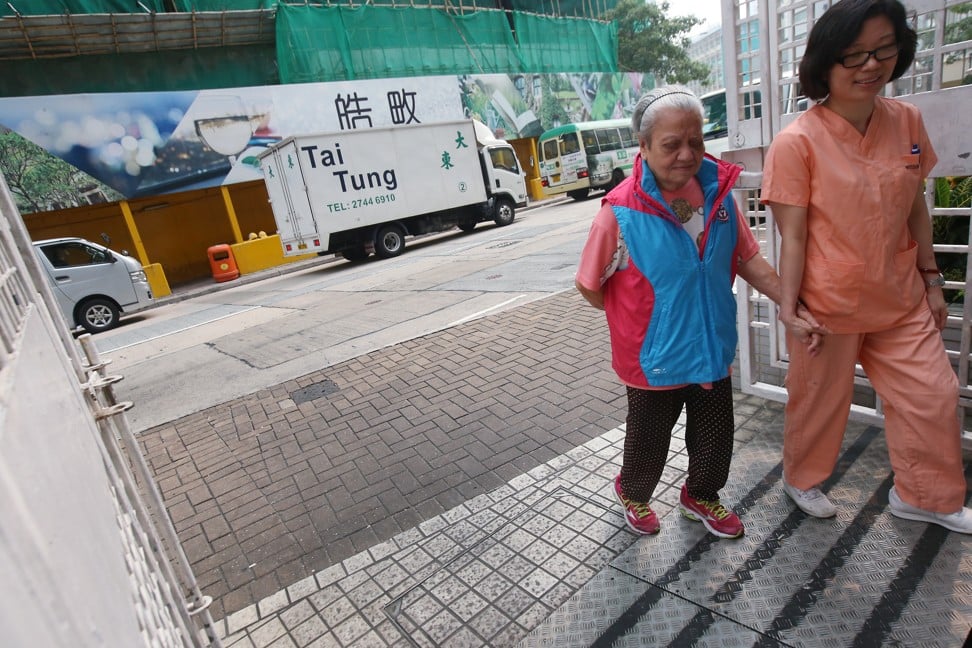
Based on my study of government work on the issue of elderly care (including the recently released Elderly Services Programme Plan) and on excellent work by authors like Atul Gawande, medical adviser in the US to former president Bill Clinton, and with the privilege of working with colleagues in the Business and Professionals Federation of Hong Kong on submissions to the government on the subject, a number of clear insights have emerged:
• Like many other economies, including the US and Britain, Hong Kong’s medical system is doing an appalling job of dealing with the predictable challenges of those in our community moving into their final years. We are getting better at keeping people alive, but at a cost – both in cash terms and in terms of lost dignity.
• Our hospital-based medical system disserves our elderly, who more than anything else need community-based clinics to help them stay well and active in the community rather than have to resort to accident and emergency services and in-patient hospital treatments when they get sick. Even now, the government is reserving HK$200 billion for new hospitals and hospital wards – money that would be much better spent building a community-wide network of clinics close to families’ homes.
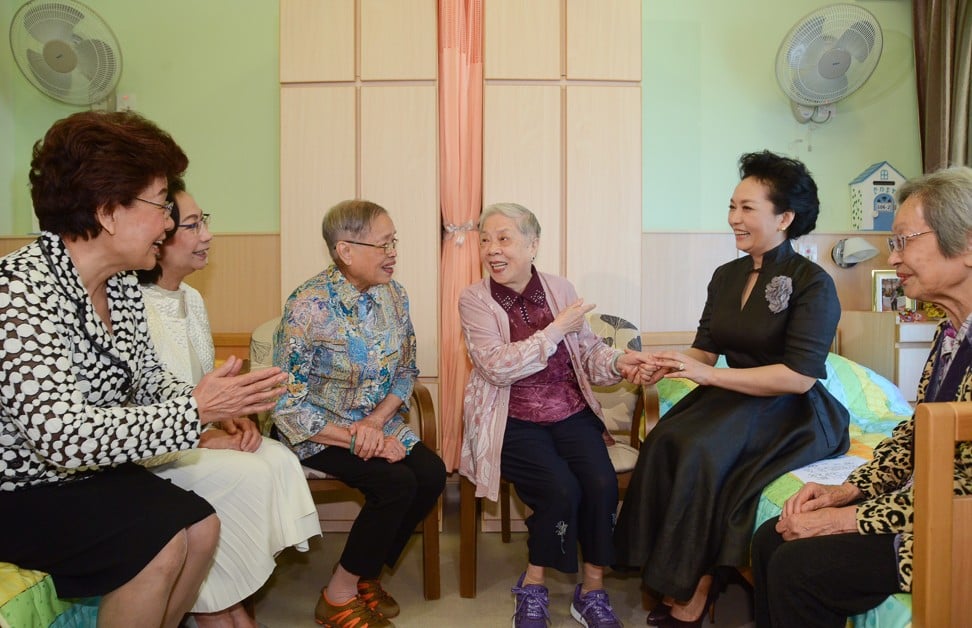
• Despite the clear data on ageing in our society and the clear evidence that this will require large numbers of extra doctors, nurses and elderly carers, little so far has been done to boost supply.
So it has been really refreshing to discover that just two weeks into the era of Carrie Lam Cheng Yuet-ngor as Hong Kong’s chief executive, we seem to hear the sound of new brooms sweeping clean around the office of Dr Law Chi-kwong, our new Secretary for Labour & Welfare.
Are there plans afoot to use the traditional 100-day honeymoon period actually to get some stuff done in the long-neglected area of elderly care?
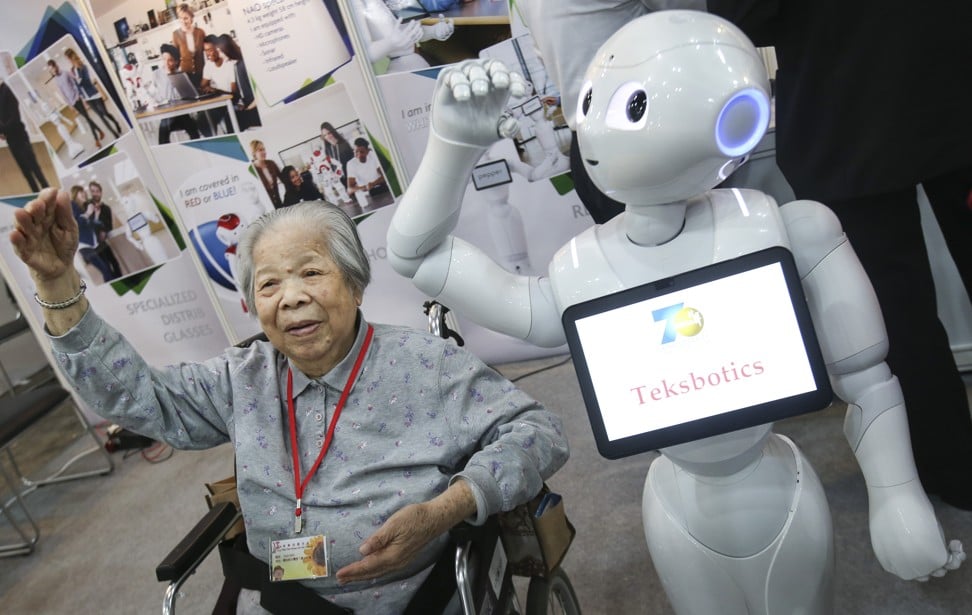
On home carers in particular, who will need to do most of the heavy lifting in making sure our elderly can live as long and as comfortably as possible in their own homes and communities, he and the Elderly Commission seem willing to think out of the box.
Recognising that the task of caring almost always initially falls on family members or neighbours and friends, they are talking about improved training, the provision of a better “care network” and the supply of stand-in carers that would allow family carers to grab a night out or take an occasional holiday.

How refreshing it would be if Lam’s team could begin its term by making headway in a socially critical area like this – after years of filibuster and perpetual mastication over issues.
Meanwhile, so long as I am able to remember, I will continue to drink my daily Chinese medicine with the hope I can gently “age in place” without ever needing to make use of the elderly care infrastructure we need to build.
David Dodwell researches and writes about global, regional and Hong Kong challenges from a Hong Kong point of view